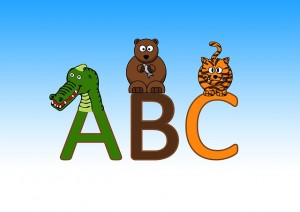One of the earliest memories I have of elementary school is walking into the music room and being captivated by the sights and sounds of the xylophones and percussion instruments strewn throughout the room. We would always begin class by working through flashcards that contained rhythmic notation as well as (what I thought at the time to be) strange arbitrary syllables. Throughout elementary school my interest in music increased and diversified, then a year before I entered High School I began to play guitar. Once in High School, I fully immersed myself in music by taking part in both the Concert and Jazz Bands. At the end of my High School experience, I decided to continue studying music at the University level. At University, my idea of music and the scope of what music meant shifted dramatically. Music had become fully integrated into my life; it opened doors to unique opportunities of performing and observing music of other cultures across the country. In my third year at University I had a moment where all of my musical education to that point came full circle. I was taking an elementary music course that focused on the methods of Carl Orff and Zolton Kodaly, and we talked about the ideas of rhythm syllables. The rhythm syllables we discussed were the same cues I was exposed to in my elementary school music class. This moment had a profound impact on how I thought of music education and my place within it. The fundamentals of music that I learned in elementary school are the foundation of my musicianship, and they impacted how I perceive and interact with music. My decision to dedicate my life to music education is directly correlated to the experiences I was fortunate to have in my elementary and secondary education. Without being exposed to music education in my elementary school I’m not sure if I would have been compelled to continue my personal growth as a musician and now as an educator.
As an educator, my primary goal is to create a comfortable and positive environment for students to learn. Creating such a learning environment not only encourages students to be involved with the course material, but also equips them with the tools and motivation for learning necessary to achieve personal and academic success. Experiencing this first hand in my elementary school music room had a lasting impact which, led me on this path. I believe, elementary music is an integral part of a well-rounded education for students. Instilling children with an appreciation and understanding of music from an early age is essential for creating a musical foundation for them to build upon. Music educators are in a unique position to offer students the opportunity to flourish outside of the traditional academic subjects. Through Howard Gardner’s research on multiple intelligences we are aware of the concept that there are different types of intelligences and creating a school environment where students are able to realize those intelligences is essential to their growth as individuals.

